HotSpots H2O: Peace Deal May Halt Siege of Tripoli
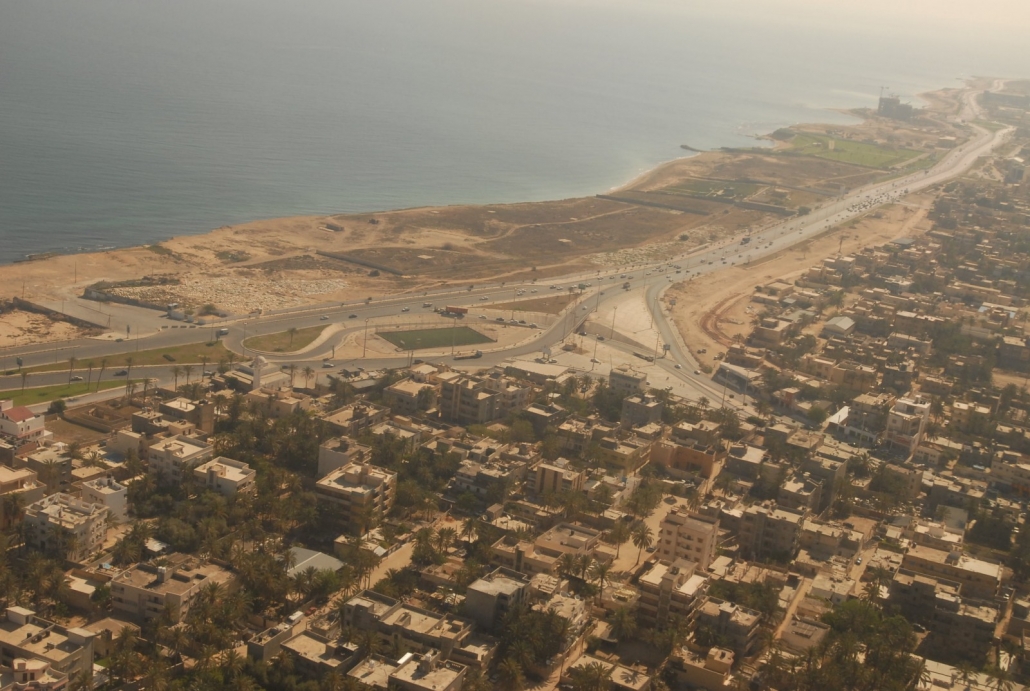
Tripoli, Libya. Photo courtesy of Flickr.
Mediators gathered in Berlin over the weekend to plant the seeds of a peace deal between Libya’s warring parties. If negotiations are successful, the talks could end the country’s civil war, which has raged since 2011.
Hosted by delegates of Germany and the United Nations, the meeting represents a concerted attempt to end a nine-month attack on the capital city Tripoli, a siege organized by rebel leader Khalifa Haftar and the Libyan National Army (LNA). The fighting, which has displaced an estimated 150,000 residents, has also involved several attacks on water infrastructure.
“I hope the war ends and we have our country back to live in peace,” Aisha Ali Saleh, who lives with her eight children in a building with no power or water, told Reuters about the peace talks.
Shortages of basic amenities like power and water have become commonplace in Tripoli in the last year. On April 4, 2019, the LNA laid siege to the city of 2.4 million people. In the first week, more than 100 people were killed and at least 500 were injured. Unrest has flared intermittently since then.
UNICEF warns of ongoing dangers to Libya’s children, who are in a “dire and untenable” situation, the organization says. An estimated 90,000 of Tripoli’s displaced people are children, and an estimated 200,000 are not attending school due to the conflict.
“Children in Libya, including refugee and migrant children, continue to suffer grievously amidst the violence and chaos unleashed by the country’s longstanding civil war,” UNICEF Executive Director Henrietta Fore said in the statement.
UNICEF also warns that water and waste management systems are almost completely devastated, boosting the risk of waterborne diseases like cholera. Almost 30 health facilities have sustained damages, making a potential disease outbreak even riskier.
In addition to water infrastructure damage in Tripoli, water systems in other parts of the country have also been targeted during the civil war. In June 2018, fighting forced a shutdown of desalination in the coastal city of Derna, affecting 125,000 residents. The Great Man-Made River, a key water supply pipeline that threads the country’s interior, has also been damaged several times.
Kayla Ritter is a recent graduate of Michigan State University, where she studied International Relations and Teaching English to Speakers of Other Languages. She is currently based in Manton, Michigan. Kayla enjoys running, writing, and traveling. Contact Kayla Ritter

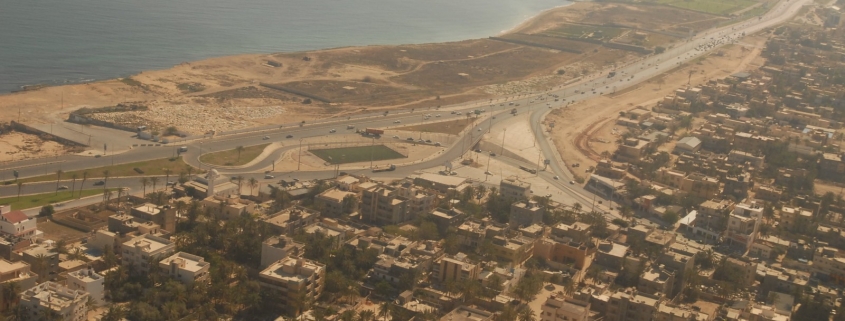

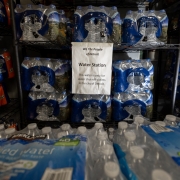

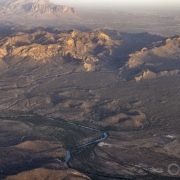 © J. Carl Ganter / Circle of Blue
© J. Carl Ganter / Circle of Blue 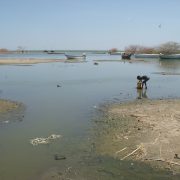

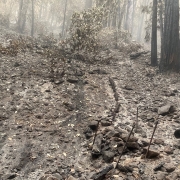




Leave a Reply
Want to join the discussion?Feel free to contribute!